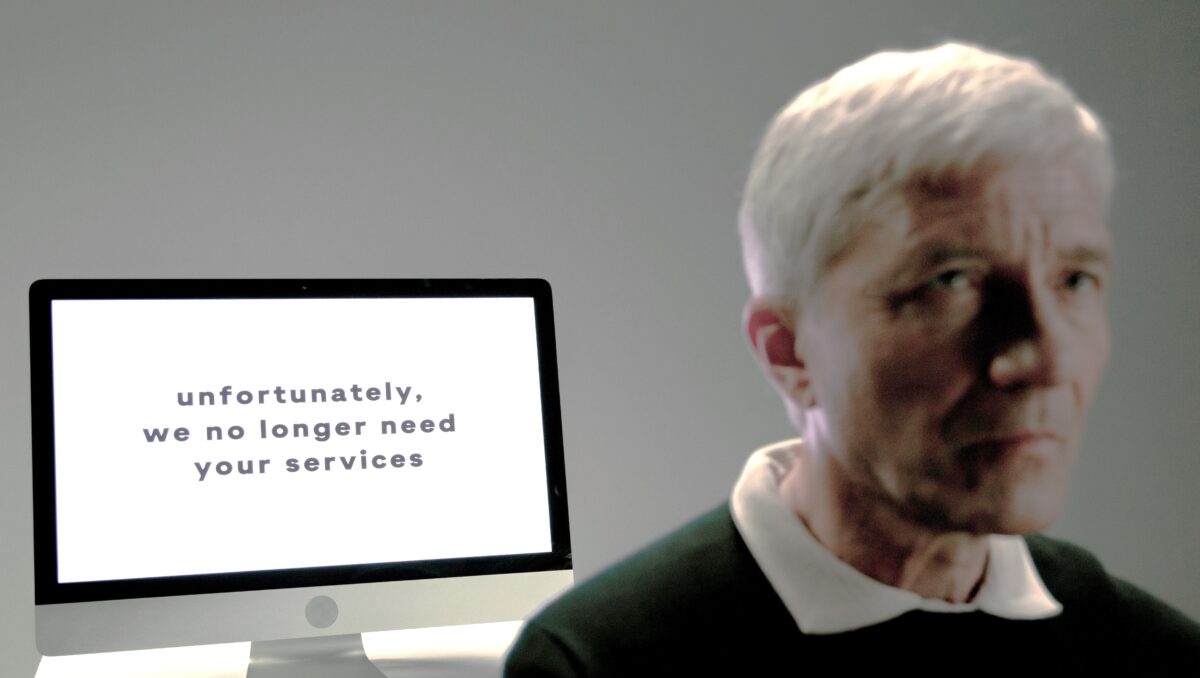This is an abridged version of one of my first posts from several years ago.
Supervising lawyers fall into two groups.
- Those who will devote no effort to training Associates beyond what is necessary to get their work done. They may teach their Associates how to do things but will not take the time to teach them why they are being done or why they are being done differently in different situations. They will: (i) mark up the Associate’s draft, but will not spend the time to explain why the changes are necessary; (ii) involve the Associate in a part of the file, but exclude them from meeting clients where the strategic considerations are being discussed; and (iii) have the Associate draft the agreement but not involve the Associate in the negotiation of the document with the other side. Every decision is based solely on whether it advances the short-term interests of the senior lawyer. I call these senior lawyers the “Users.”
- At the opposite extreme, there are those who assist their Associates to develop to their full potential. They spend as much non-billable time as is required to achieve that goal, even if doing so is not profitable in the short-term. I call this group the “Mentors.”
The Users justify their approach in many ways. They are too busy. They do not believe in “hand-holding”. The “sink or swim” approach is the best way to train someone. At the end of the day, it is all nonsense – these lawyers simply do not want to earn less money by wasting billable time, and sometimes do not want to expose their Associates to their clients and risk losing the loyalty of the clients.
In my experience there are more Users than Mentors, and I believe that there is a historical reason for this.
In the old days, lawyers joined firms with a view to working their way up the ranks, becoming partners, and cashing in. Senior lawyers were willing to spend their time and effort in developing their Associates who would be their future partners and stay with their firms throughout their career.
Then things changed. Salaries of Associates increased beyond their actual value to the firms. In bad times, firms cut Associates loose. In good times, Associates rewarded the lack of loyalty by jumping from firm to firm for more money. Partners had to put in more hours to maintain the levels of profitability that they had come to expect, and gradually senior lawyers developed the attitude that they were not going to invest their time at personal cost in lost billings to train Associates who would likely not be with them that long anyway.
So here we are. We now have Mentors who will sacrifice their time and short-term billable hours to help the next generation develop, and Users who will not.
The challenge for new Associates looking for jobs is to find out who is willing to work with them to help them reach their potential, and who just wants to use them.









